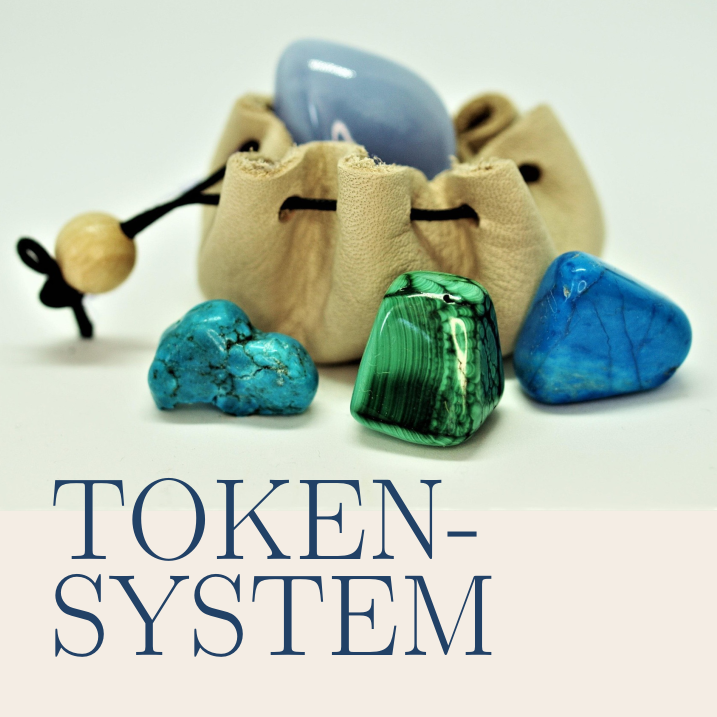Check our new E-Books for FREE! Click Here!
Emotional Regulation for a Harmonious Family

Today we’d like to talk about a topic that matters deeply to many parents — emotional regulation. What exactly is emotional regulation, why is it so important, and how can you, as a caring parent, help your children develop this essential skill? In this article, we’ll give you an introductory overview before diving deeper into practical solutions in a more detailed follow-up article.
7 Small Changes for more Serenity and Joy in everyday Family Life
DownloadWhat Is Emotional Regulation?
Emotional regulation is the ability to recognize, understand, and manage one’s own emotions appropriately. It’s about controlling emotional responses and aligning them with the situation at hand. For children, this skill is especially important, as it helps them cope with challenges, build healthy social relationships, and resolve conflicts constructively.
Why Is Emotional Regulation Important?
Emotional competence is a cornerstone of your child’s well-being and social development. Children who learn to regulate their emotions effectively are often more socially skilled, perform better academically, and tend to be more content overall. They can handle frustration more easily, adapt to change, and develop a healthy sense of self-esteem.
Impact on Family Life
For family life, good emotional regulation means that conflicts are less likely to escalate and can be resolved more peacefully. Children who can express and manage their emotions are less prone to tantrums or defiance. This leads to less stress and more joy in everyday life — exactly what every family strives for.
Emotional Regulation in Childhood
Children are naturally emotional beings. As they grow, they go through different stages of development in which they learn to process and regulate their emotions. In the early years, parents are the most important role models and supporters in this learning process. By becoming aware of and managing your own emotions, you lay the foundation for your child to develop the same ability.
The Role of Parents
You might wonder how you can help your child learn emotional regulation. It begins with your own attitude and behavior. When you respond calmly and patiently to stressful situations, you teach your child a valuable lesson in emotional control. It’s also important to listen actively, take your child’s feelings seriously, and help them name and understand their emotions.
Token-System – Reward-System
A token system is a method of positive reinforcement designed to encourage desired behavior in children. The basic idea is simple: A child receives a *symbolic reward* – a token – for a specific behavior. This token can later be exchanged for an actual reward. The system has its roots in behavioral psychology and has been successfully used for decades in schools, therapy settings, and families.
Check it out for FREE!Common Challenges
Many parents face the challenge that their children don’t always manage their emotions well. Tantrums, defiance, or withdrawal are common and require patience, understanding, and the right approach.
Tantrums and Defiant Phases
A tantrum in the supermarket or a defiant episode at home can test even the most patient parents. It’s important to recognize that such behaviors are often expressions of frustration or overwhelm. Children simply don’t yet have the tools to deal with complex emotions — so they express them in their own way.
The Impact of Stress
Stress plays a major role as well. Children sense when their parents are tense and often absorb that stress. A calm and harmonious home environment can therefore greatly help children regulate their emotions more effectively.
First Steps to Support Emotional Regulation
Here are a few first ideas that can help you and your child move toward better emotional regulation.
- Be a role model: Your handling of emotions shapes your child. Be a good example by being aware of and managing your own emotions.
- Open communication: Talk about feelings with your child. Help them name and understand their emotions.
- Patience and understanding: Be patient when your child struggles with emotions. Compassion and empathy are key to helping them through these challenges.
Would you like to learn more about how to help your child develop emotional regulation? On our website, you’ll find simple, effective, and practical tips that can help your family achieve more harmony. We invite you to take the next step and explore this valuable topic in more depth.
We’re here to support you on your journey toward a peaceful and balanced family life.



